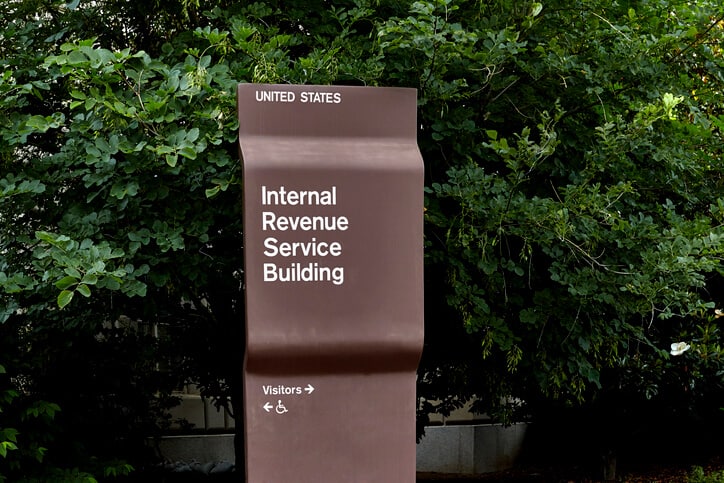How Far Back Can The IRS Go For Unfiled Taxes?

The Internal Revenue Service (IRS) is tasked with collecting taxes from every American individual, business, and corporation. What is the IRS statute of limitations on collections, and how long can this agency go back and search for tax fraud? The closer to your Collection Statute Expiration Date (CSED) you get, the more aggressively the IRS will behave, so it’s important to know how long you have to wait before you’re in the clear.
Can the IRS collect taxes after 10 years?
Generally, the IRS gives up on collecting taxes after 10 years from the date that your tax assessment began. Therefore, this agency is bound by a 10-year statute of limitations that prevents it from collecting taxes that are more than 10 years overdue.
There are, of course, exceptions to this rule, so don’t count on the IRS automatically ending its collection process after 10 years have passed. To continue trying to collect taxes from you, however, the IRS will have to submit appeals and jump through other hoops that might not be worth the time and effort.
How many years can the IRS go back and audit?
If you owe money to the IRS, the longest that this agency can go back and audit your finances is 10 years. Even if this agency is suspicious that you may have accrued unpaid taxes from more than 10 years ago, it is generally prevented from figuring in any tax-related events that occurred earlier than 10 years before today’s date.
Therefore, if you do come under audit by the IRS, this agency can only look through your tax records for the last 10 years. It’s always a good idea to keep all your tax records on hand or in a safe place, but make sure you can always find digital or physical copies of your tax records from the last 10 years to fully insulate yourself against the troubles that IRS audits can bring.
An IRS audit is never a fun experience, but being fully prepared can make things a lot easier. The thing is, many people come under audit because their finances are not in order, which makes the audit process more stressful than it needs to be. Talk with a lawyer today about the best ways to prepare for an audit, and make sure to keep a qualified IRS lawyer in your contacts list in case the unthinkable happens one day.
What does Section 6531(2) of the U.S. Tax Code mean?
Different statutes of limitation apply to collect taxes and claiming tax evasion or fraud. According to U.S. Tax Code Section 6531(2), the IRS has six years from the last instance of tax fraud to begin criminal tax proceedings.
Can IRS debt be forgiven?
The U.S. federal government isn’t generally in the business of forgiving debts, but if you can clearly demonstrate an inability to pay your taxes, a portion of your owed taxes may be forgiven, or you may be provided with a specialized payment program called an IRS Installment Agreement that provides a regular payment schedule that syncs with your financial situation.
It’s important to remember that the 10-year statute of limitations on tax collection is not a form of tax forgiveness. Instead, the IRS is simply forced to comply with this Congressional law or face a complicated uphill battle. Rather than pursuing every tax evader to the ends of the Earth, the IRS usually cuts its losses after 10 years or focuses on more recent examples of evasion instead.
Even if the IRS stops trying to collect taxes from you after 10 years, your failure to comply with tax code will remain on record, and keep in mind that most people don’t fail to pay federal taxes for 10 years and get away with it. If you’re concerned about an old tax collection case that is nearing its legally-defined time limit, then you should consult with a lawyer to learn more about the best practices moving forward. Depending on your situation, simply waiting for your case to expire could be either an ideal solution or a terrifying gamble.
Get expert legal assistance
When you owe the IRS, it can initially be reassuring to hear that there is a 10-year statute of limitations on tax collection. At the same time, however, it’s dangerous to assume that your tax evasion case will simply fade out of existence if you run out the clock. The IRS has various means at its disposal for collecting owed taxes from non-paying individuals or businesses, so you’ll need to make sure that you’re legally in the clear before you take any rash action.
Here at Abajian Law, our team of experienced IRS attorneys is used to the complexities of U.S. tax law. After all, it’s our job to help our clients defend themselves from this agency, and our expert legal services might be just the thing for securing your financial future. To learn more, contact Abajian Law at 818-396-5059 to set up an appointment or take advantage of our commitment-free consultation offer.





